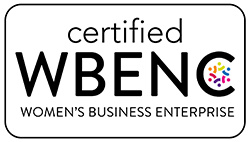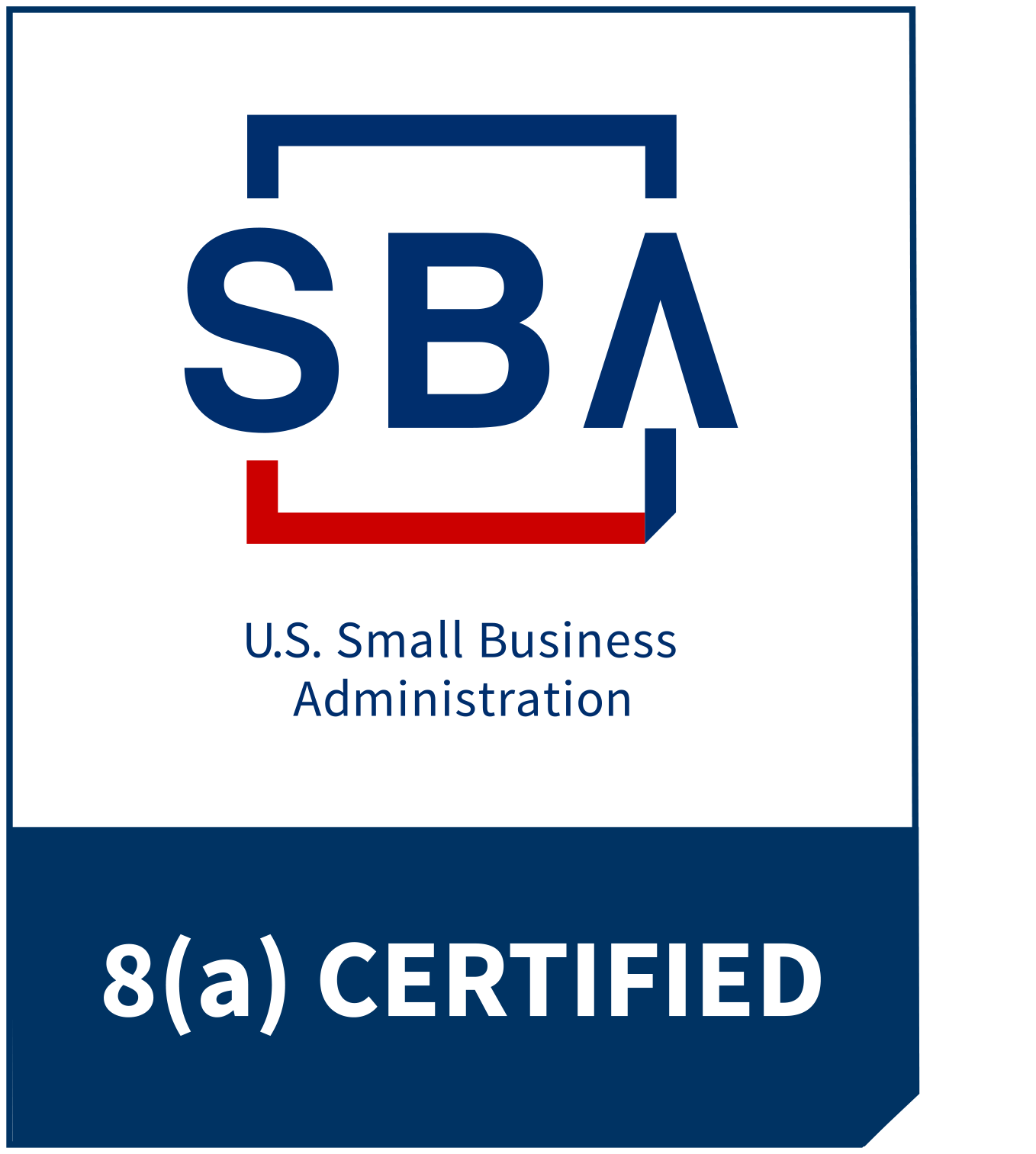Earlier in the year, President Joe Biden signed an executive order aimed at strengthening supply chains, with a view towards examining vulnerabilities and securing U.S. access to supplies in industries especially hard hit by the pandemic. The executive order called for a 100-day review of potential supply chain risks in four specific industries that continue to see see acute shortages.
The key findings of the 100-day review were released on June 8th, along with specific actions recommended by the Biden Administration to help create stronger critical supply chains in the United States. Today, we are exploring the review’s major findings of U.S. supply chain deficiencies and proposed solutions for U.S. manufacturers going forward.
Key Findings of the 100-Day Supply Chain Review
The final report’s assessment found that prior to COVID-19, the “Just-in-Time” manufacturing model was largely embraced by the industrial world as an efficient and cost-effective method of production, while the U.S. relied heavily on imports of critical materials. Once COVID-19 caused major disruptions to global supply chains, however, it became clear that better planning was needed to ensure critical parts and materials could be accessed in times of crisis.
“Unfair trade practices by competitor nations and private sector and public policy prioritization of low-cost labor, just-in-time production, consolidation, and private sector focus on short-term returns over long-term investment have hollowed out the U.S. industrial base, siphoned innovation from the United States, and stifled wage and productivity growth,” the report stated.
The supply chain review looked at four major industries deemed “critical’:
• Semiconductor manufacturing and advanced packaging
• Large-capacity (electric vehicle) batteries
• Critical minerals and materials
• Pharmaceuticals
Related: Steel, Semiconductors & More: The Impact of Supply Shortages on U.S. Manufacturers
These industries were heavily impacted by the supply chain disruptions during the pandemic, and many are still seeing shortages as manufacturers struggle to meet pent up demand in 2021. The global semiconductor shortage, for instance, is wreaking havoc on the auto industry, with some plants needing to idle production completely due to shortages. Additionally, the U.S. remains “critically dependent” on imports for a range of key pharmaceutical products, the report found.
The Administration outlined the following steps to address the shortages:
• Supporting the Production of Critical Medicine: The new report calls for the establishment of a public-private partnership consortium for advanced manufacturing and onshoring of 50-100 essential medicines, appropriating $60 million from the Defense Production Act.
• Establishing An End-to-End Advanced Battery Supply Chain in the U.S: The Administration calls for the Department of Energy to create a National Blueprint for Lithium Batteries to foster an end-to-end domestic lithium battery supply chain in the U.S. over 10 years. The agency will leverage the $17 billion in loan authority in the Advanced Technology Vehicles Manufacturing Loan Program to help domestic manufacturers finance new and expanded efforts at battery production.
• Critical Minerals Production: The new directive calls for securing domestic production of critical minerals such as rare earth elements used to manufacture batteries, magnets and other advanced electronics in the clean energy sector. Currently, China has a near-monopoly on the production of rare earth metals, but this new effort seeks to create a partnership between the Department of Agriculture and the Environmental Protection Agency that will identify potential mining sites and help U.S. companies expand production. The DOE is leveraging $3 billion in load guarantees for the effort.
• Addressing Semiconductor Shortages: Following the 100-day review, the Department of Commerce has supported $75 billion in direct investments from the private sector for domestic semiconductor manufacturing to and will work with foreign allies and partners to promote fair semiconductor chip allocations and increase production.
Short & Long-Term Domestic Supply Chain Solutions
The Administration is additionally targeting the short-term supply chain shortages brought on by historic demand as the U.S. economy rebounds from the pandemic. This includes the establishment of a new Supply Chain Disruptions Task Force to address near-term supply/demand imbalances. The 100-day review also listed key recommendations for strengthening domestic supply chains in the long term. These include:
• Building a new “ecosystem” of production and innovation.
• Establishing dedicated funding for semiconductor manufacturing and R&D, as well as advanced battery production. Investment in developing next-gen batteries and new pharmaceutical manufacturing processes were also prioritized.
• Providing funding and incentives for consumer embrace of electric vehicles
• Establishing a $50 billion Supply Chain Resilience Program for critical products and materials.
• Strengthen supply chain resilience using the authority of the Defense Production Act.
• Create pathways for the next generation of manufacturing workers, including strengthening community college partnerships, apprenticeships and job training. This includes $100 million in grants to support state-led apprenticeships.
• Reform and strengthen U.S. stockpiles and U.S. purchases of critical minerals and materials.
• Leverage diplomatic tools to encourage strong and resilient international supply chains that meet high labor and environmental standards and decrease vulnerabilities in global supply chains.
• Strengthen international trade rules and counter unfair foreign competition and trade practices.
• Invest in SMEs and disadvantaged businesses across critical supply chains.
Finding Domestic Suppliers
As providers of industrial information since 1912, we’ve seen the ups and downs of U.S. manufacturing, providing much-needed industrial information to our customers during the Great Depression, World War II, and beyond. We understand how much our customers rely on our industrial solutions for their everyday operations. At MNI, Our goal is to help your business thrive, so whether you’re looking to advertise your products and services to manufacturers, needing to find new suppliers, or are looking to reach out to decision-makers in the manufacturing world, our industrial solutions are here to support your mission.
Further reading: MNI Offers Free State Directory Downloads to Support Domestic Sourcing Trend
Sources: https://www.whitehouse.gov/briefing-room/statements-releases/2021/06/08/fact-sheet-biden-harris-administration-announces-supply-chain-disruptions-task-force-to-address-short-term-supply-chain-discontinuities.com



